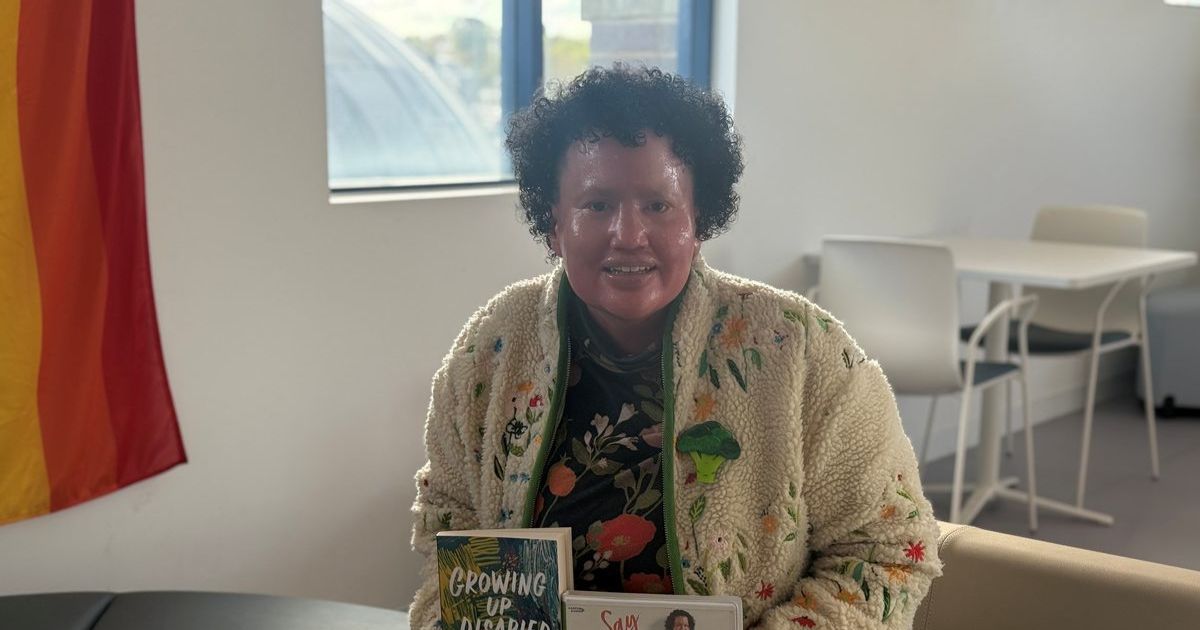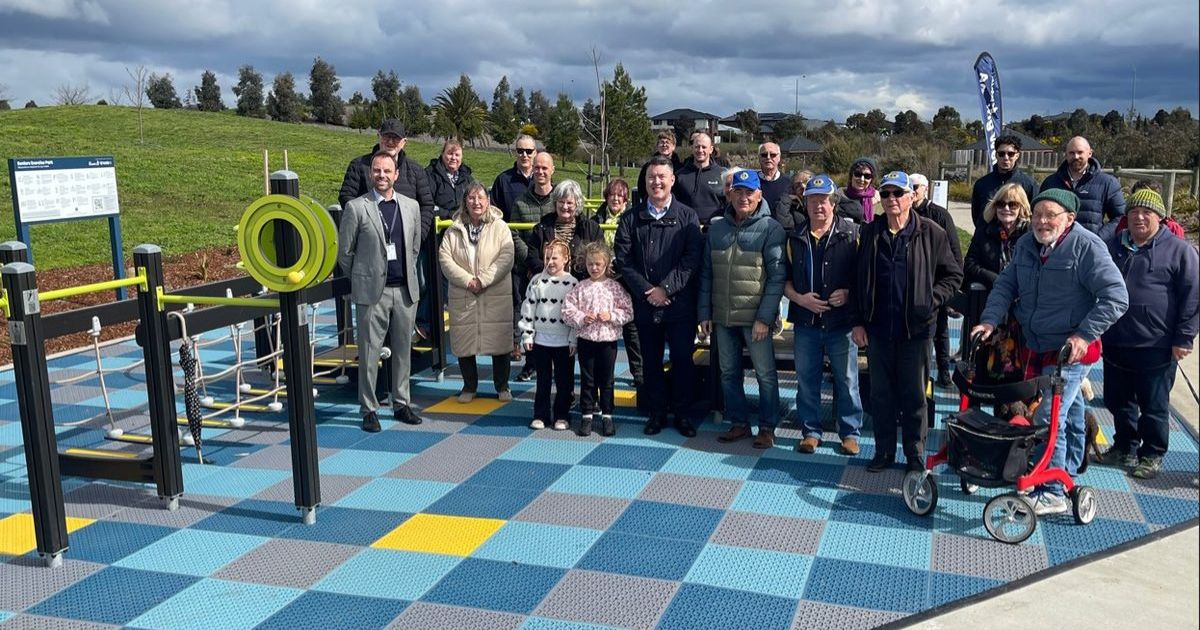From the desk of Roland Rocchiccioli for 21 January.
SOCIETY was awash with ‘Purple heart’ tablets – eaten like sweets, LSD, hashish, and marijuana. Consequently, I was by circumstance part of the 1970s revolutionary vanguard which dismantled, even destroyed, our social and sexual mores.
Stultifying heterosexism and blatant homophobia were overturned as women, homosexuals, lesbians, peace activists, and First Nations peoples, fought to be heard. Discordant opposition to Australia’s involvement in the Vietnam War spilled onto the streets. The juggernaut travelled with such unimaginable speed there was no time for measured debate; authorities barely maintained the status quo. The 1970s was the dangerous decade; the epoch of ‘drugs, sex, and rock-and-roll!’
Australia has a long history of extreme drug taking. ‘A cup of tea, a Bex and a good lie down’ was an acknowledged means of social control for unwell or depressed women. Consequently, Australia held the dubious record of the world’s largest consumer of APC (aspirin, phenacetin, and caffeine) tablets and powders, and the highest incidence of renal failure.
We are reaping the whirlwind…
Recently, nine MDMA (ecstasy) overdoses at a Melbourne music festival were hospitalised. Eight were coma induced. The consequences of the illegal activity generated a renewed and curious questioning of drug policing in Victoria.
The media’s positioning and apportioning of blame is intriguing. Manifestly, the dilemma is complicated. The challenges are multifarious, including social prophylaxis; public inertia; and abrogation of parental responsibility; however, solutions to these problems is not the remit of police. Since when were they tapped by the cosmos with the sole responsibility of solving society’s wicked problems?
Unbelievably, an RMIT University academic’s research concluded sniffer dogs increased someone’s likelihood of using (illegal) drugs unsafely by preloading; concealing them in cavities; or ingesting their full quantity on sighting the police. Outrageously, it posited evident residue on a suspect’s apparel was not reason for a body-search.
The reporting is erroneous. Drugs are not handed-out, they are purchased, illegally, by financial transaction. Recreational drugs are a societal reality. Wittingly flouting the law and choosing to stand in harm’s way, comes at a price. Albeit reckless and dangerous, it is a personal choice; a prerogative with consequences – which may be your life.
Life is tough. We are not our neighbour’s keeper. Currently, three minor Victorian parties have The Pill Testing Pilot for Drug Harm Reduction Bill before parliament. Its successful passage would establish a mobile, (illegal) drug testing service for the 2024 summer festival season, together with a permanent fixed-site service.
The premise is questionable, its application, inexplicable. Aspirations notwithstanding, to implement a facility which ultimately supports the breaking-of-the-law, will, by osmosis, validate illegal drug consumption. It is fraught with danger. The potential legal ramifications are horrendous: “You told my child the drug was safe!”
Drug eradication requires the full weight of government intervention, and the fearless application of its most draconian powers. Why it has not occurred is cause for cynical political conjecture.
The government’s rescinding of public drunkenness laws has seriously diminished police law enforcement capacity and placed unreasonable additional pressure on an already over-extended organisation. The proposed drug testing methodology will, ostensibly, reverse the current ‘reward and risk’ drug policing policy – exacerbating the problem, dangerously amplifying risk, and further increasing pressure on the police force.
Ultimately, it is they who will be expected to deal with the aftermath, and endure the brunt of unwarranted criticism from an ill-conceived project!
Roland is contactable via [email protected].



















